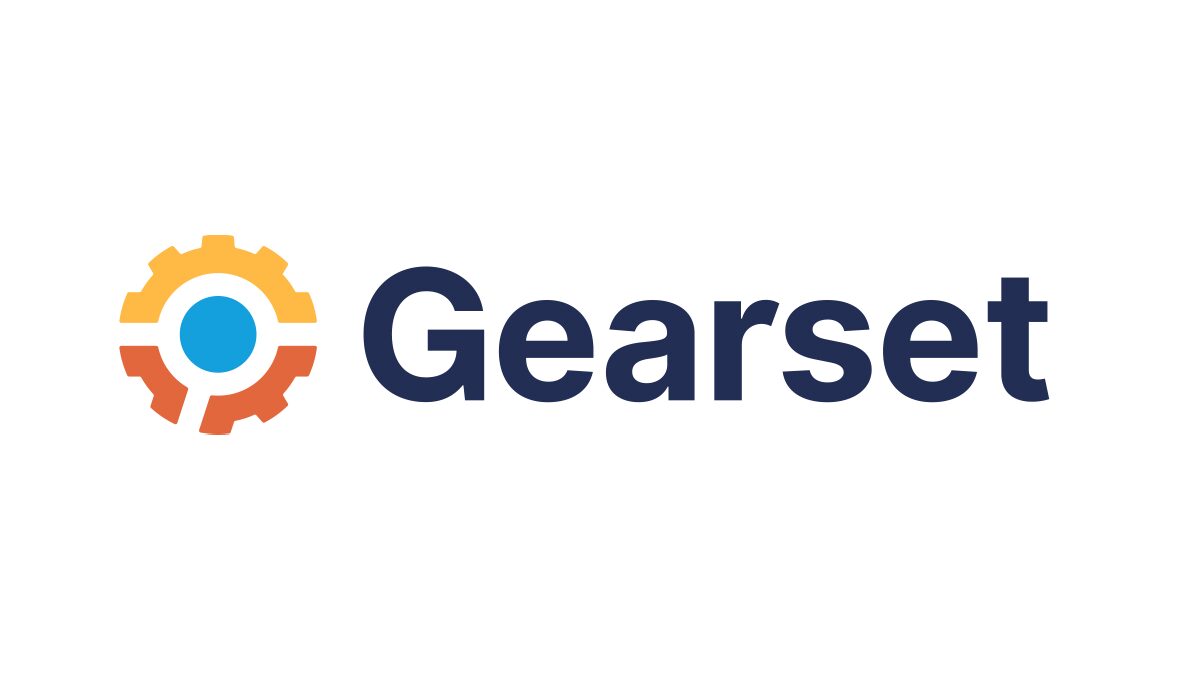Salesforce Unveils Models API: Bridging the Gap Between AI Innovation and Enterprise Safety
Salesforce has taken a significant leap forward in their embedded AI strategy with the introduction of its Models API (Beta). It features programmatic access to the long-anticipated Einstein Trust Layer. This development marks a turning point for independent software vendors (ISVs) and enterprise developers looking to incorporate AI safely and responsibly into their Salesforce applications. It also represents a new opportunity for IT leaders to move forward with AI strategies backed up by Salesforce’s reputation for trust and safety.
Mohith Shrivastava, Principal Developer Advocate at Salesforce, emphasizes the importance of this release: “The Models API, available via REST and Apex, provides developers with the flexibility to build next-generation AI applications using prompt engineering and large language models. By abstracting away complexities like authentication and enforcing security measures, these APIs significantly streamline the development process. Moreover, the Einstein Trust Layer ensures zero data retention with LLM providers while offering critical features like bias and toxicity scoring.”
Table of contents
The Power of Models API
The Models API, accessible through Salesforce Apex classes or REST endpoints, allows developers to integrate large language models (LLMs) from partners like Azure OpenAI and OpenAI. Key features include:
- Context-aware chat generation
- Embeddings creation for semantic similarity
- Single text prompt generation
These capabilities provide developers with a robust toolkit for creating sophisticated AI-driven applications within the Salesforce ecosystem.
Einstein Trust Layer: From Concept to Reality
Since its announcement in March 2023, the Einstein Trust Layer has been something of a mystery. With the release of the Models API, Salesforce has finally provided concrete evidence of its capabilities. At its core, the Trust Layer ensures that AI models used within the Salesforce ecosystem adhere to strict security, privacy, and ethical standards – a critical concern for businesses navigating the complex world of AI integration.
Einstein 1 Studio: Empowering Developers
To support developers in leveraging these new capabilities, Salesforce has also launched a new Developer Homepage for Einstein 1 Studio. This dedicated hub provides:
- Comprehensive resources
- Detailed documentation
- Development tools for working with the Einstein Trust Layer and other AI features
This initiative streamlines the development process for AI-enhanced Salesforce applications, further accelerating adoption.
Accelerating Safe AI Integration
As enterprises continue to grapple with the complexities of AI adoption, Salesforce’s latest offering provides a critical framework for ensuring responsible AI use. The Models API and Einstein Trust Layer not only demonstrate Salesforce’s commitment to innovation but also set a new standard for safe AI integration in the enterprise software landscape.
For Salesforce ISVs and global system integrators (GSIs), the introduction of the Models API and Einstein Trust Layer is particularly significant. Previously, many ISVs and consultants relied on “overlay” API implementations, integrating directly with external AI service providers. Now, they can offer Salesforce Einstein Trust Layer branded AI services, leveraging Salesforce’s established reputation for trust and safety. This shift not only enhances the credibility of ISV offerings but also simplifies compliance with regulatory standards.
Implications for IT: Streamlining AI Integration and Governance
For IT leaders, Salesforce’s introduction of the Models API and the concrete implementation of the Einstein Trust Layer represent a significant advancement in managing AI integration within the enterprise ecosystem. This comprehensive approach addresses two critical challenges IT departments face: the need for flexible AI deployment options and the imperative to maintain robust security and compliance standards. The combination of low-code AI integration in Flow Automation and the more sophisticated Models API provides IT teams with a versatile toolkit, enabling them to support AI initiatives across various skill levels and departments. This flexibility allows IT to be more responsive to diverse business needs while maintaining centralized control and oversight of AI deployments.
The Einstein Trust Layer’s built-in safety measures offer IT leaders a powerful framework for responsible AI governance. It can significantly streamline compliance efforts, particularly in industries with stringent regulatory requirements. Moreover, the ability to leverage Salesforce’s established infrastructure for AI integration can potentially reduce the complexity of managing multiple AI vendors and tools, simplifying the IT landscape.
For CIOs and IT directors, this development presents an opportunity to position IT as a key enabler of AI-driven innovation while ensuring that such innovation aligns with the organization’s security, privacy, and ethical standards. As enterprises continue to grapple with the challenges of AI adoption, Salesforce’s approach provides IT leadership with a robust platform to guide their organizations through this transformative journey.
Salesforce Continues to Advance Enterprise AI Tooling
Salesforce’s introduction of the Models API which provides programmatic access to the Einstein Trust Layer represents a significant milestone in their AI strategy. This builds upon the Einstein 1 Platform vision laid out at Dreamforce 2023. It complements Salesforce’s existing efforts in AI integration, particularly their advancements in incorporating AI functions into their low-code Flow Automation toolset.
As the company continues to execute on its Einstein 1 Platform vision, we’re seeing a thoughtful and systematic approach to AI integration that prioritizes security, ethics, and ease of use. This approach addresses the needs of both citizen developers using low-code solutions and professional developers requiring more granular control and customization options. But Salesforce’s embedded AI approach still has many challenges, not the least of which is a very heavy per-user cost to gain access to Einstein 1 Platform generative AI features.
By providing programmatic access to the Einstein Trust Layer, Salesforce is rounding out its AI tooling offerings. But this Salesforce innovation comes a year and a half after the initial adoption of overlay AI applications. Many corporate users and ISVs have already implemented OpenAI solutions through direct implementation. Now, Salesforce has the challenge of bringing those early adopters over to their architecture.






